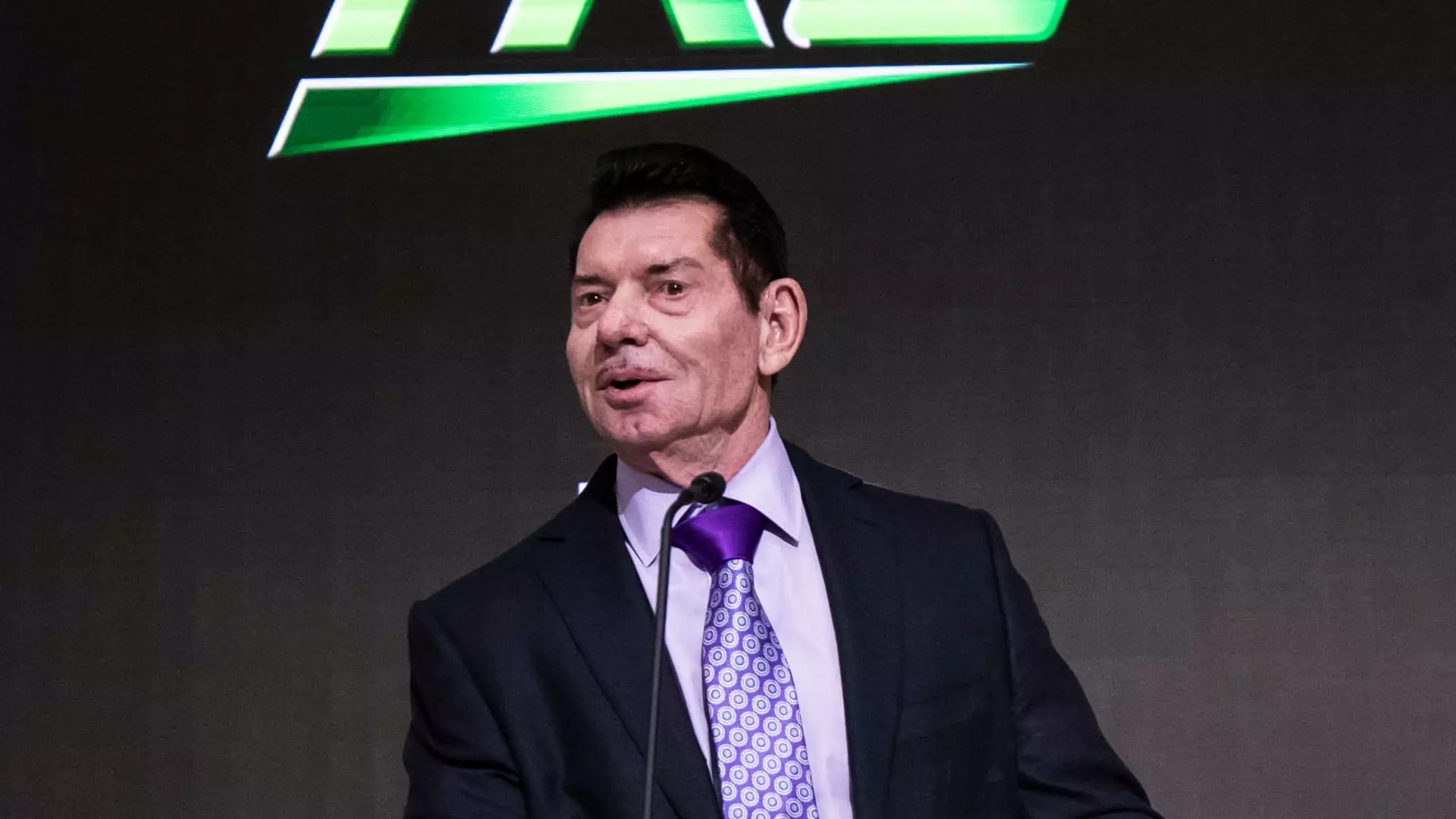In recent years, professional wrestling has not only entertained millions but also captured headlines for its intertwining with various political and business controversies. One of the most shocking chapters of this saga unfolded when Vince McMahon, the legendary figure behind WWE (World Wrestling Entertainment), found himself in legal hot water with the U.S. Securities and Exchange Commission (SEC). The spotlight on McMahon highlights significant issues of corporate governance, accountability, and the ethical responsibilities that come with power.
The SEC accused McMahon of serious violations of federal securities laws following his failure to disclose multiple settlement agreements totaling $10.5 million with two women, which involved allegations of misconduct. As the person at the helm of a substantial publicly traded company, McMahon’s responsibility was to ensure complete transparency regarding financial dealings, particularly those that potentially impact the company’s integrity and the investors’ interests. The SEC indicated that McMahon’s actions not only circumvented WWE’s internal controls but also led to material misstatements in the financial records for 2018 and 2021.
The regulatory body found that this lack of disclosure misled shareholders and caused an inflation of WWE’s reported profits. For instance, the financial statements overstated the net income for 2018 by about 8% and for 2021 by 1.7%. Such discrepancies in financial reporting are particularly concerning as they can erode investor trust and ultimately affect the stability of a publicly traded company.
As part of the resolution to the SEC’s allegations, McMahon has agreed to pay a civil penalty of $400,000 and reimburse WWE an additional $1.33 million. These payments aim not only to rectify the misappropriated funds but also to bring attention to the serious ramifications of misconduct within corporate governance. McMahon’s situation highlights how powerful executives can sometimes operate above the law or believe their position affords them leniency. However, as seen in this case, even titans of industry are not immune to accountability.
It’s equally important to note that the allegations surrounding the settlement payments relate to misconduct claims, including sexual assault and retaliation. One exposed instance involved a former WWE employee filing a federal lawsuit against McMahon, accusing him of severe wrongful behavior. Such allegations inherently damage the reputation of an organization and call into question the environment it fosters, emphasizing a need for companies to uphold ethical standards and protect their employees.
The fallout from this situation reaches beyond just McMahon. The WWE has long positioned itself as an entertainment powerhouse, and the credibility of its leadership can significantly impact its market standing. Following the merger with Endeavor Group Holdings in late 2023, the formation of TKO Group Holdings symbolizes a new chapter for WWE. However, the shadow cast by McMahon’s actions could hinder investor confidence, especially if shareholders perceive a lack of transparency and ethical governance.
The larger business landscape can draw parallels to this incident. Companies, particularly publicly traded entities, must maintain stringent standards of corporate governance that prevent misuse of authority. Vince McMahon’s case serves as a critical lesson about the intersections of personal conduct, corporate accountability, and the broader implications for public trust in business leaders.
Reflecting on Power Dynamics and Accountability
This incident marks an important moment for discussions around power dynamics within corporate structures. The mixed public perception of McMahon—both as a visionary leader in sports entertainment and as a figure under the radar of severe allegations—opens up the debate regarding the checks and balances necessary to keep executives accountable. Governance policies must not only focus on compliance with laws but also on fostering a corporate culture where ethical behavior is prioritized, ensuring that personal interests do not overshadow the obligations to stakeholders and employees.
Vince McMahon’s SEC charges serve as a crucial reminder of the responsibilities that executives hold and the consequences of their actions. As investigations conclude and the wrestling mogul looks to move forward, it is essential for stakeholders across industries to take heed and advocate for robust governance practices that protect against future violations, thereby ensuring integrity in the corporate realm.


Leave a Reply